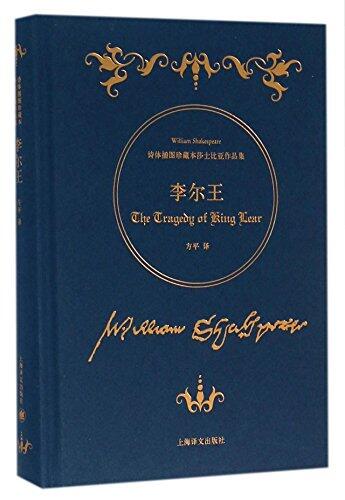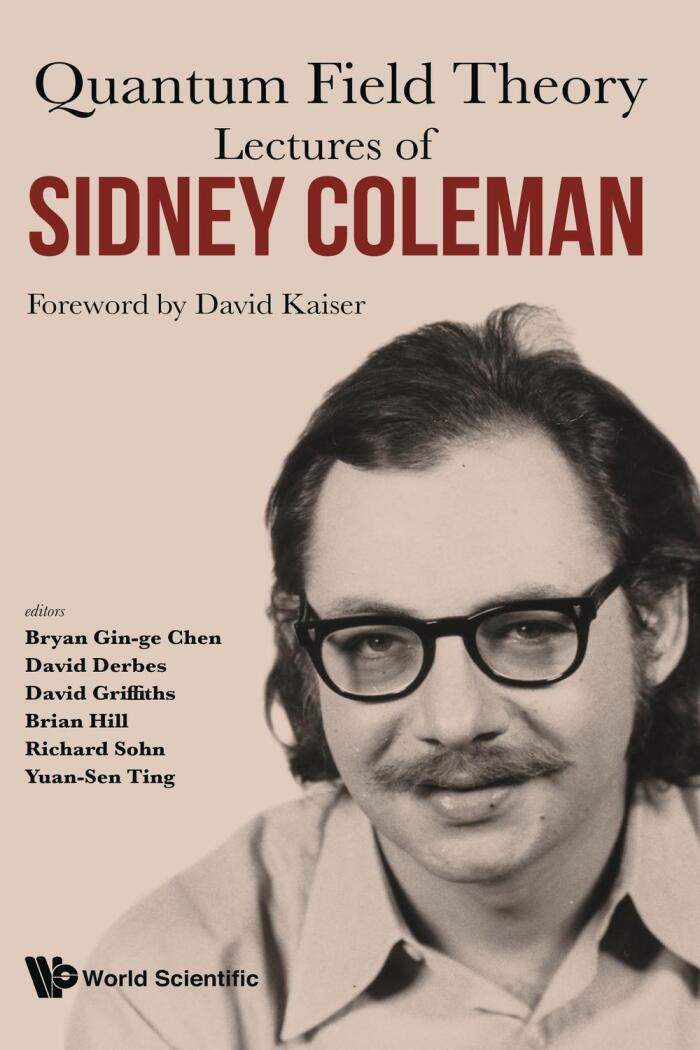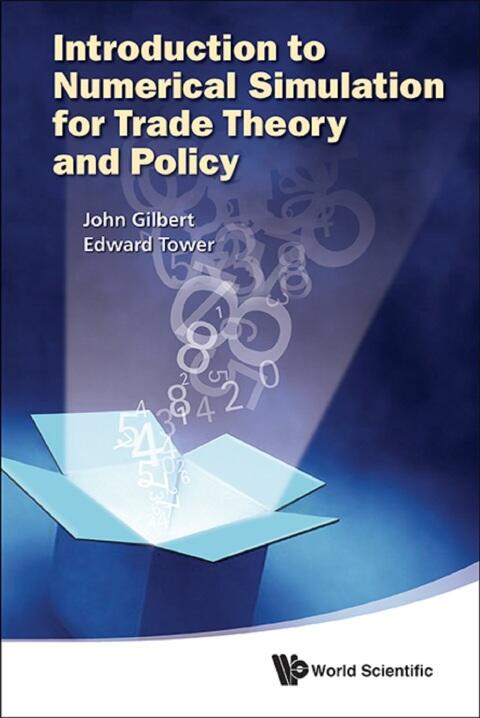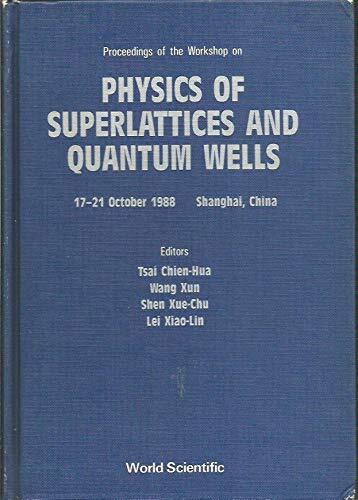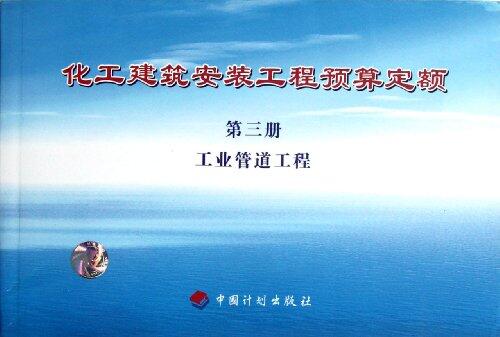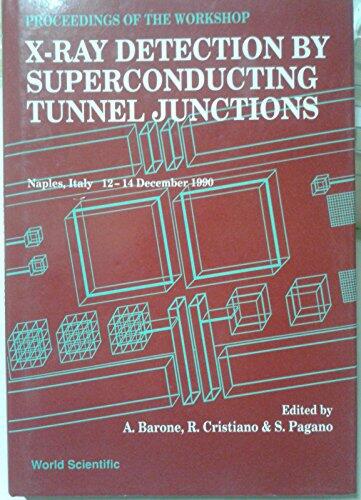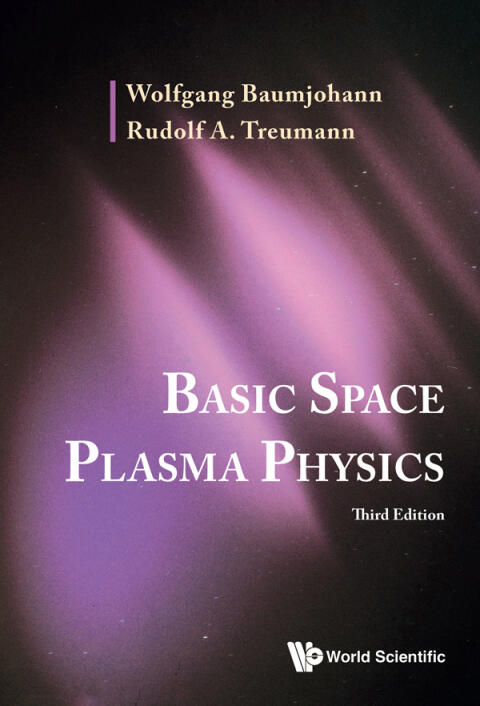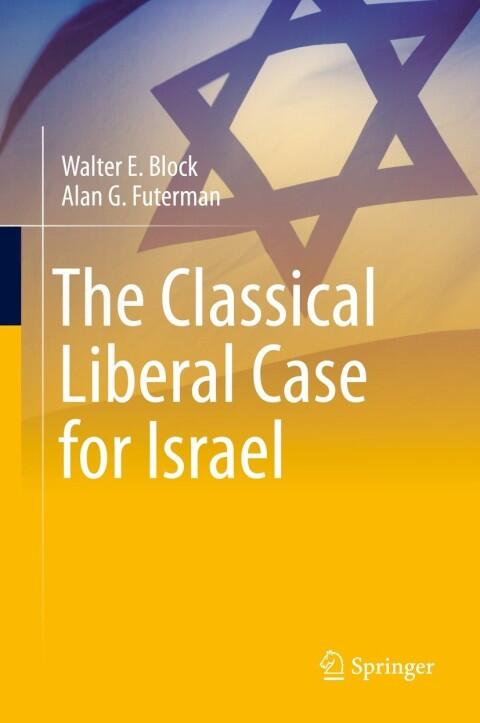
The Classical Liberal Case for Israel
No ratings yet
Science & Technology
History
Business & Economics
+1
more
Format
Kindle
Pages
962
Language
English
Published
Jan 1, 2021
Publisher
Springer
Edition
2
ISBN-10
9811639531
ISBN-13
9789811639531
Description
Two authors, Alan G. Futerman and Walter E. Block, provide a thought-provoking exploration of Israel through the lens of classical liberalism. They present a compelling argument that aligns Israel's establishment and existence with the principles of individual freedom, limited government, and free markets. Their analysis challenges conventional narratives surrounding the country, advocating for a deeper understanding of its political and economic systems from a liberal standpoint.
The book delves into historical contexts, examining how classical liberal values have shaped Israel's development. Futerman and Block highlight the tension between competing ideologies and how a liberal framework can lead to a more nuanced appreciation of Israel's challenges and triumphs. This perspective encourages readers to reconsider the moral and economic dimensions of the Israeli state, illustrating how its policies reflect a commitment to liberty and personal rights.
By marrying theoretical discussions with practical implications, the authors aim to foster a dialogue about Israel that transcends polarized viewpoints. Their work is not just a defense; it is an invitation to engage critically with the complexities of a nation that embodies the classical liberal ideals they cherish.
The book delves into historical contexts, examining how classical liberal values have shaped Israel's development. Futerman and Block highlight the tension between competing ideologies and how a liberal framework can lead to a more nuanced appreciation of Israel's challenges and triumphs. This perspective encourages readers to reconsider the moral and economic dimensions of the Israeli state, illustrating how its policies reflect a commitment to liberty and personal rights.
By marrying theoretical discussions with practical implications, the authors aim to foster a dialogue about Israel that transcends polarized viewpoints. Their work is not just a defense; it is an invitation to engage critically with the complexities of a nation that embodies the classical liberal ideals they cherish.
Reviews
Reading Log
No reading logs found
Start tracking your reading progress to see logs here
Add Your First Reading LogNotes
Transaction Log
No transaction logs found
Start tracking your book transactions to see logs here
Add Your First Transaction Log



